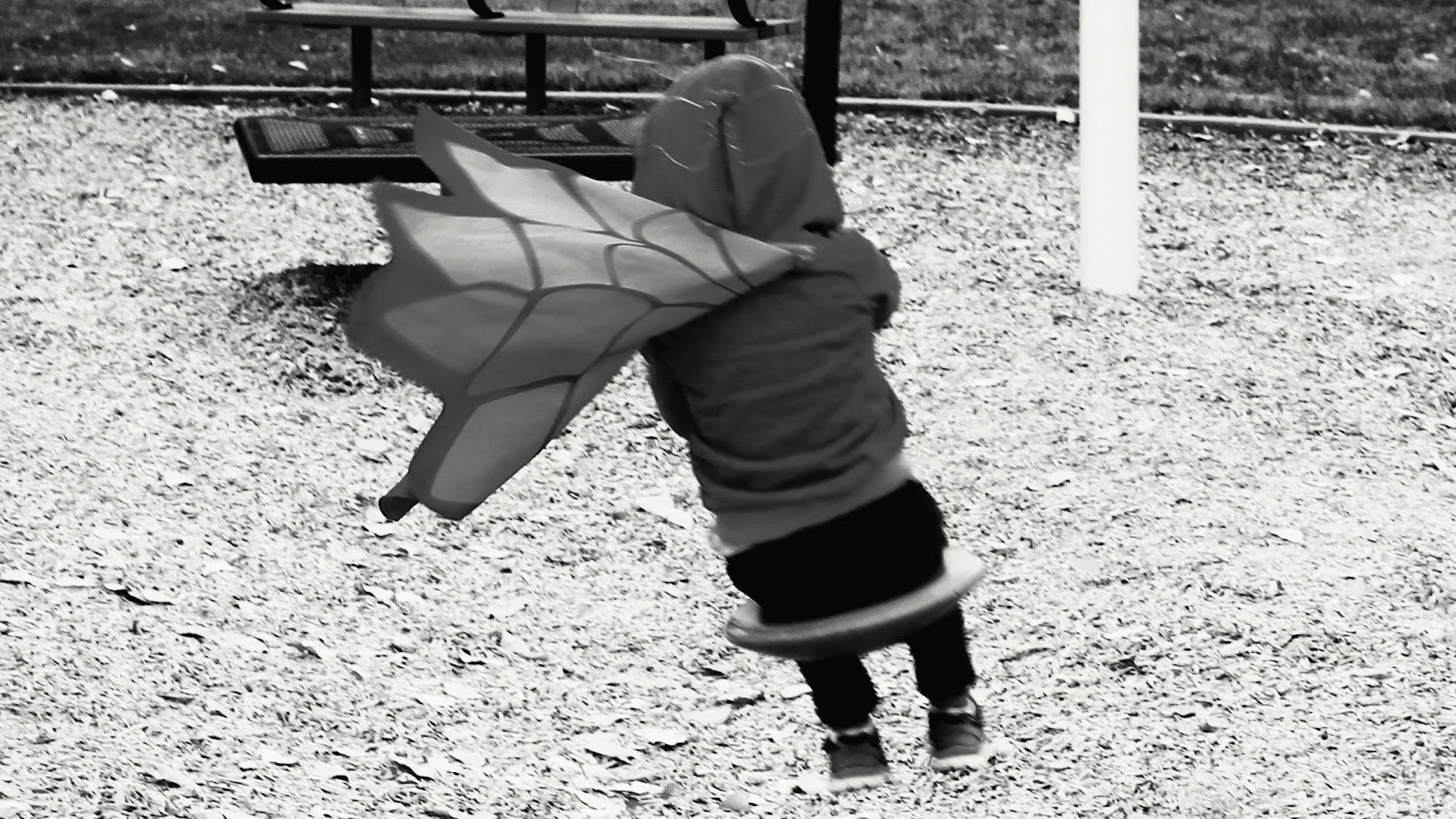Search by topic, theme, or feeling

Sensory Joy as a Pathway Through Trauma
Deliberate attention to simple pleasures rewires the nervous system for safety, building a new somatic narrative where the body is a source of comfort and resilience.

Not All in Your Head: Somatic Approaches to Anxiety
Anxiety is not always a product of “overthinking”; it is often a legitimate response to tangible external pressures. By integrating somatic strategies that honor this reality, we can build resilience without dismissing the very real stressors that shape our lived experience.

The Body in Space: Understanding Proprioceptive Differences in Neurodivergent Experience
Proprioception, our body's internal GPS, often functions differently for neurodivergent individuals, leading to a disconnect from physical self-awareness.

Feeling Erased: Reclaiming Presence After Trauma
Trauma can create a profound and haunting sense of being erased, as if one's inner reality has been rendered invisible.

The Complex Intersection of Neurodivergent Minds and Self Harm
Self harm ideation in neurodivergent individuals often represents a nervous system's survival response to overwhelming distress, not a symptom of brokenness.

Reclaiming the Inner Voice: CPTSD and Negative Self-Talk in Neurodivergent Individuals
For neurodivergent individuals with CPTSD, negative self-concepts are often trauma responses forged in a world of chronic mismatch. Healing involves gentle practices that address both the ingrained neural pathways of criticism and the specific context of neurodivergent experience.

Decoding Suicidal Ideation in Trauma Survivors
The emergence of suicidal thoughts following trauma is often not a desire to die, but a desperate, somatic plea for the overwhelming pain to stop.

The Missing Map: Understanding and Building Cognitive Empathy
Many neurodivergent individuals possess profound empathy, yet struggle with cognitive empathy, the mental map for reading social cues.

Parental Rupture and Repair: An Object Relations Guide to Somatic Attunement with Children
Attunement is less about perfect connection and more about the courageous practice of returning to it after a rupture.

Neurodivergence, Communication Trauma, CPTSD and Embodied Healing
For many neurodivergent individuals, the very act of communication can become a source of profound and repeated trauma.

When Attunement Becomes Enmeshment
In many relationships, a pattern emerges where one partner's heightened emotional attunement becomes a mechanism for avoiding conflict and managing their own anxiety.

Neurotype, Truth, and Conflict in Relationships
When conflict arises, neurodivergent individuals often prioritize objective truth seeking, while neurotypical individuals tend to focus on emotional considerations.

Why Neurodivergent People May Thrive in Somatic Therapy
Traditional talk therapies like CBT often operate from the top down, focusing on changing thoughts to influence emotions and body states. In contrast, somatic psychotherapy works from the bottom up, helping clients regulate their nervous system to create new cognitive and emotional experiences.

When Asking Feels Dangerous: A Somatic Approach to Neurodivergent Risk Assessment
For many neurodivergent individuals, asking for help is subconsciously categorized as a dangerous threat rather than mere discomfort.

Neuroqueer: The Journey to Embodied Authenticity
The neurodivergent and queer communities share a profound experience of navigating a world not designed for them, leading to shared challenges like masking and a journey toward embodied self acceptance.

The Impact of Internalized Behavioral Criticism on Neurodivergent Children
Persistent behavioral criticism of neurodivergent children can lead to lasting self-esteem challenges and emotional distress, with deeper impacts than those experienced by neurotypical peers. Affirming their unique needs fosters resilience and self-acceptance.

Understanding Sensory Issues in Neurodivergent Individuals and Pathways to Accommodation
Neurodivergent individuals often face sensory processing challenges that impact daily life. Therapists can help identify these needs and advocate for accommodations to foster inclusivity and well-being.

Navigating Conversational Pauses: Challenges and Strategies for Hyperverbal Neurodivergent Individuals
Hyperverbal neurodivergent individuals often struggle with conversational pacing, leading to unintentional interruptions.

When Cultural Scripts Fail Survivors of Coercion and Manipulation
Survivors often struggle to name their experiences because dominant cultural scripts prioritize physical violence.

Navigating Neurodivergent Challenges with Routine Disruptions: A Compassionate Approach
For neurodivergent individuals, routine disruptions can be deeply dysregulating.
